New York, July 29- Prime Minister Benjamin Netanyahu visited the United States while Israeli forces continued their offensive in Gaza, resulting in the deaths of numerous Palestinians. During his trip, Netanyahu addressed the US Congress but faced protests outside, reflecting widespread disapproval of his actions.
Netanyahu met with President Joe Biden and Vice President Kamala Harris. Both expressed their concerns over the ongoing violence in Gaza and urged Netanyahu to pursue a ceasefire with Hamas. The Associated Press reported that Biden pressed Netanyahu to stop the fighting promptly, while Harris voiced her deep concern over the situation and the loss of Palestinian lives. Harris stated, "We cannot forget the faces of these victims. At least I won't be silent." Her remarks have sparked significant discussion, with many Americans questioning the broader implications of her stance.
Kamala Harris's statement is seen as a potential indicator of her future political ambitions, as The New York Times suggests she could be a strong candidate for the Democratic Party in the upcoming presidential election. Human rights advocates and Palestinian rights activists are closely monitoring her position, seeking clarity on how her "don't be silent" message might translate into US foreign policy changes.
Despite Harris's expressed concerns, she reaffirmed her support for Israel, prompting analysts to argue that mere sympathy for Palestinians without substantial policy changes will not satisfy voters. Iman Abdelhadi, a sociologist at the University of Chicago, emphasized the need for genuine action to halt the violence, including stopping the supply of weapons and financial support to Israel.
In contrast, former President Donald Trump criticized Harris, labeling her as "anti-Semitic" during a rally in South Florida. He claimed that Harris does not favor Jews or Israel, despite her Jewish husband, Douglas Emhoff.
The ongoing debate highlights the complex dynamics of US-Israel relations and the growing demands for a more balanced approach that addresses the humanitarian crisis in Gaza.



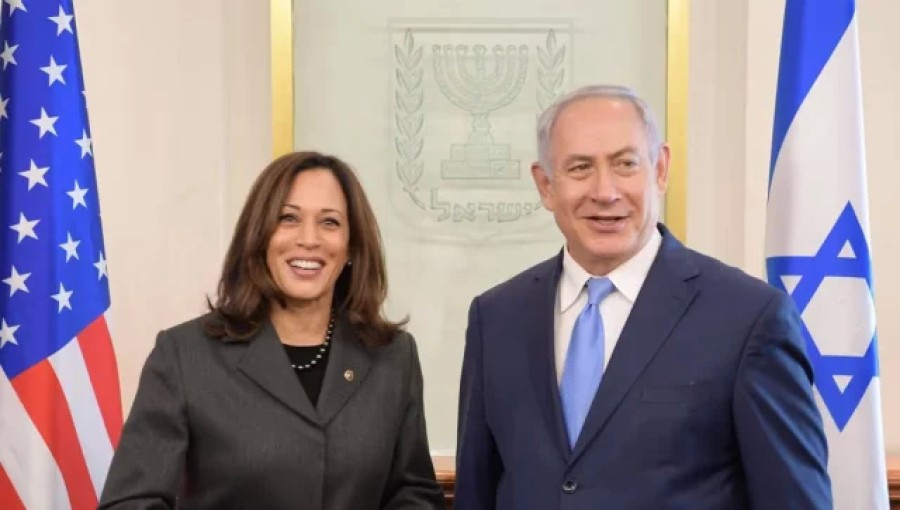
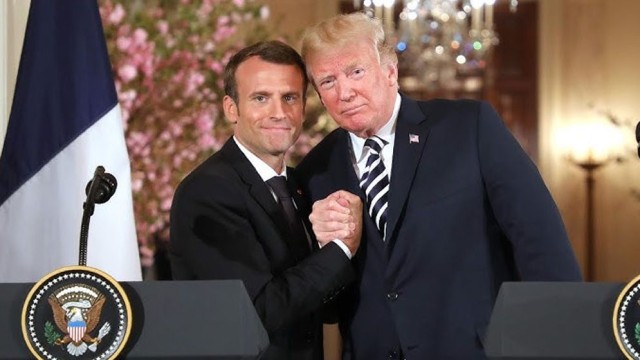
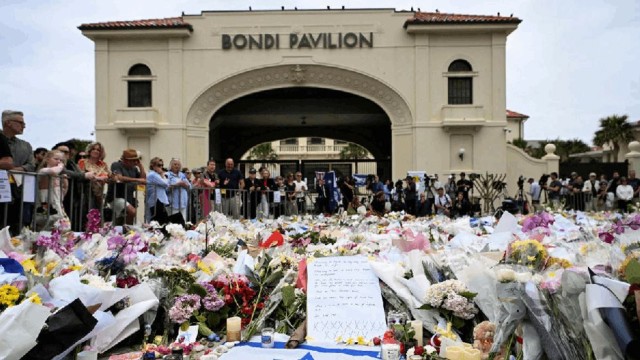

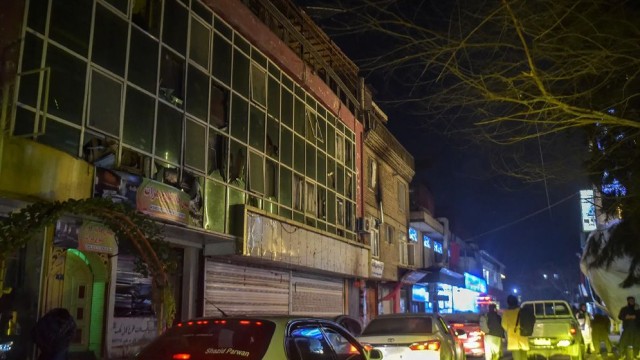
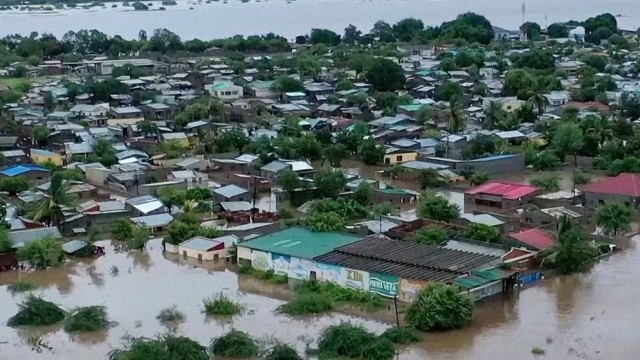
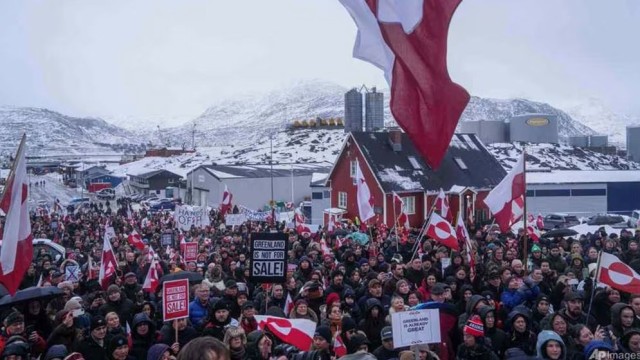



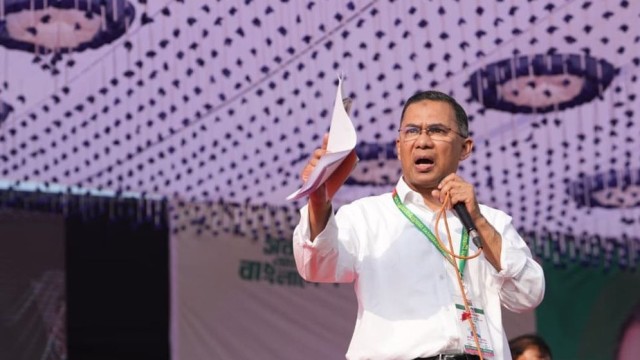

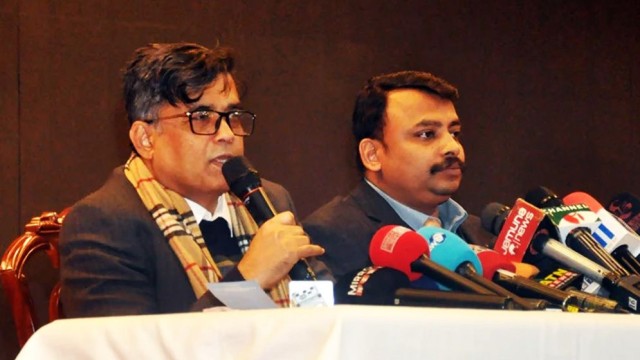
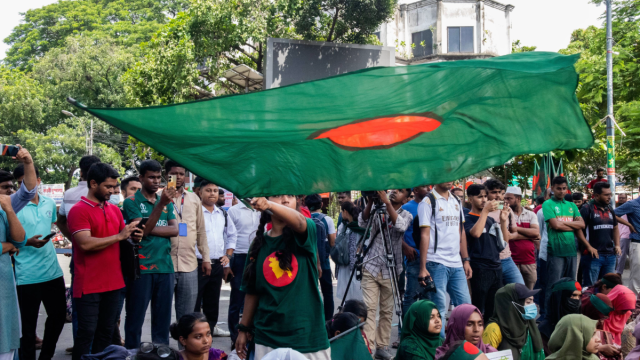

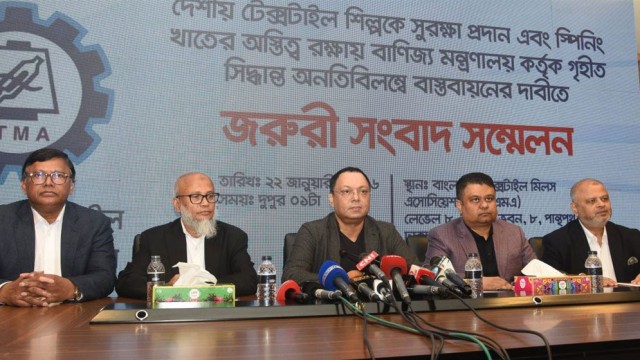









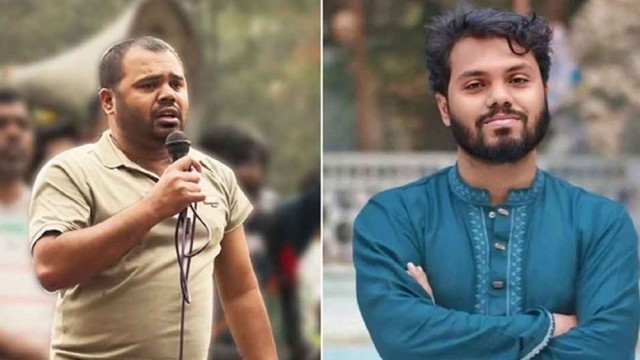
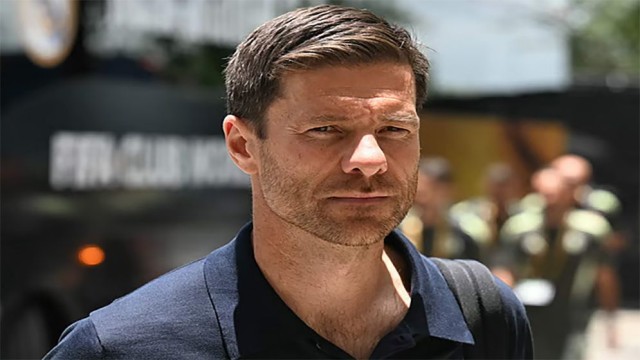
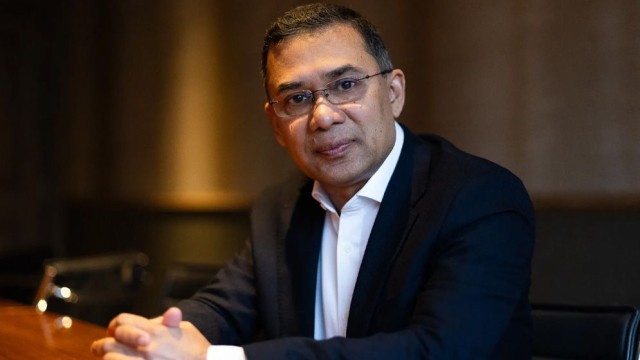
Comment: